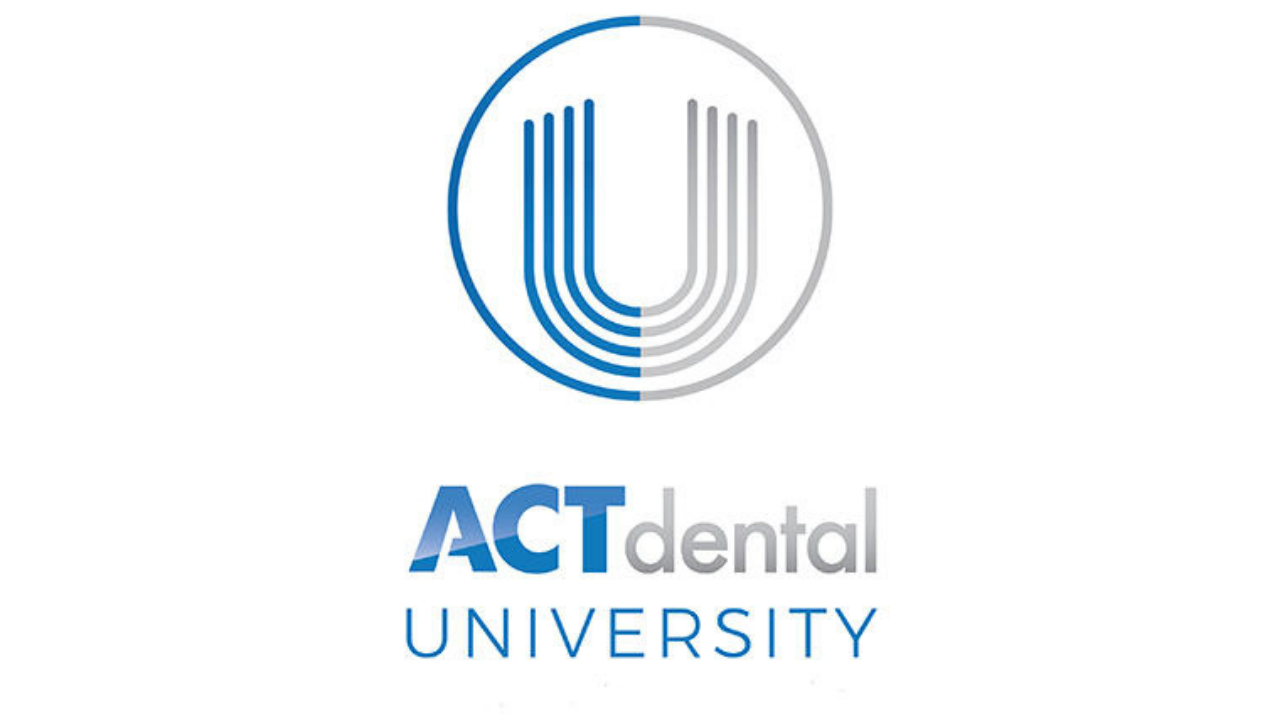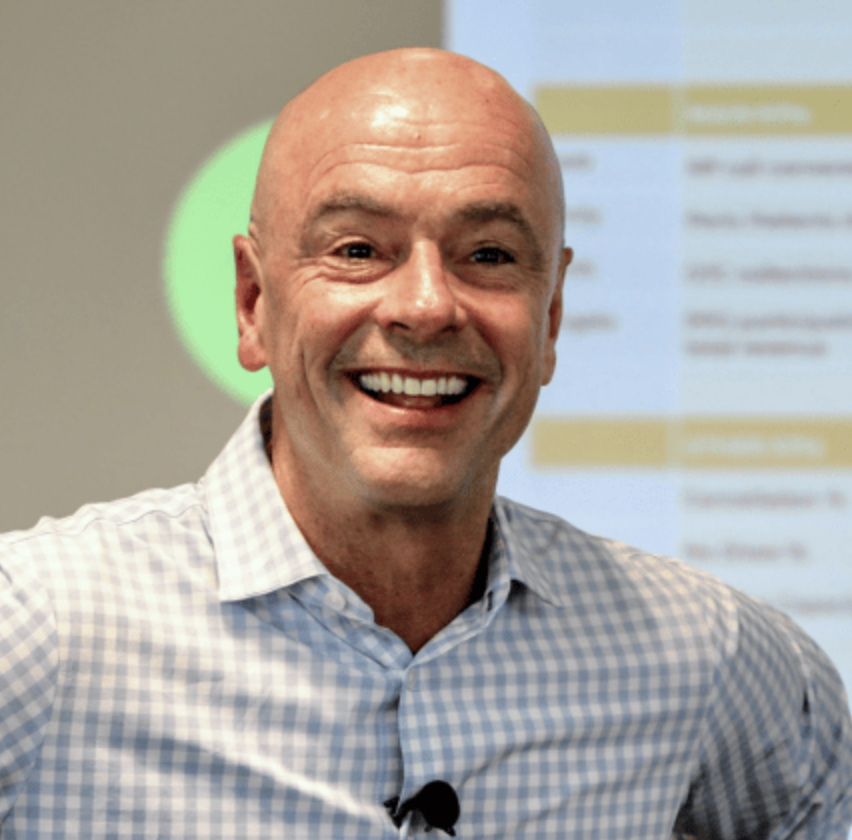Raise your hand if this sounds familiar.
You’re wrapping up your visit with a patient, you’ve reviewed the treatment options, the patient confirmed they have no questions, and you believe they are committed and ready to schedule. You say your goodbyes, tell them you will see them at the appointment. At the end of the day, you follow up with your team and learn that the patient hasn’t scheduled. What happened? Where is the gap? Why aren’t patients committing to care?
When hearing a different version of this same story, time and time again, I always ask one simple question; did you take the time to build trust?
Trust is at the core of any good doctor-patient relationship and is also at the center of a good patient experience. Learning to establish and foster a trusting relationship with your patients is perhaps one of the most important skills that any dental team can master. In our lives, we often spend weeks, months, even years establishing solid, trusting relationships. In the dental office, you need to shortcut this timeframe, finding ways to develop trust straightaway.
1. Don’t skip the introductions
This may seem obvious and even silly, but this critical step is often overlooked. Introductions happen at the beginning of every relationship, and the relationship between the dental team and the patient is no different. Each team member interfacing with patients needs to begin their interaction with an introduction. Share your name; say hello; it’s nice to meet you; I’m looking forward to working with and caring for you! Ask your patient if they have a preferred name, and then use it! This simple step will lessen the patient’s nerves and begin to build a connection.
2. Get to know the person, not just the patient
While in your chair, patients are in a vulnerable position; we will always be encroaching on and even invading their personal space in the dental office. Ease this often uncomfortable situation by spending a little time learning about the person in your chair. The getting-to-know-you phase can be expedited with an intentional effort to ask a few questions and learn just a little bit about who your patient is; what is important to them, what brought them in; what are they hoping will happen today. When your patient feels that you know them, they will be more comfortable and trusting.
3. Practice empathy and active listening
Our days are busy. Admin teams answer hundreds of phone calls each week; the clinical team may see as many as 10-15 patients in a given day. What happens on the phone call and in the office is second nature to us; this is NOT the case for our patients. Slow down, actively listen, and connect. Your patient may be nervous, anxious, or even in pain. Don’t diminish or look past this. Listen to understand and connect, do not simply go through the process. A great way to do this is by repeating what the patient said in their own words to ensure understanding. When we take the time to listen to our patient’s perspectives, fears, and wants, trust can quickly begin to develop.
4. Set clear expectations, and deliver on them
The trust-building process does not only happen while the patient is in the chair; trust grows with each efficient, clear, and honest patient interaction. The entire team can set each other and the patient up for success by communicating what the patient should expect from their visit and then delivering on that set expectation. Following through on what you say you will do, is one of the quickest and most efficient ways to foster trust. The most basic interactions can achieve this. If you tell a patient you will return their call, do so. If an email is expected, send it. Go a step further by training the admin team to share with the patient what to anticipate during their visit to the office, do your best to be on time, make certain financial obligations are clear. Each time the team delivers what was said, trust is growing.
With a bit of practice and effort to put these four steps into action, trust will build, the schedule will fill, and your on the way to a strong foundation and long-term success in your practice.
Categories

Get access to the best dental educators on the planet to bring you "best practices" and help you become the dentist you were called to be. Watch what you want, when you want it. It's 24/7 on-demand access. Friday's we host "Master Classes" with the very best dental speakers you will ever see.

Reserve your spot at the next ACT Dental Master Class
Learn From One of the Best Educators During Our BEST PRACTICES MASTER CLASS Experience.
Kirk Behrendt
Kirk Behrendt is a renowned consultant and speaker in the dental industry, known for his expertise in helping dentists create better practices and better lives. With over 30 years of experience in the field, Kirk has dedicated his professional life to optimizing the best systems and practices in dentistry. Kirk has been a featured speaker at every major dental meeting in the United States. His company, ACT Dental, has consistently been ranked as one of the top dental consultants in Dentistry Today's annual rankings for the past 10 years. In addition, ACT Dental was named one of the fastest-growing companies in the United States by Inc Magazine, appearing on their Inc 5000 list. Kirk's motivational skills are widely recognized in the dental industry. Dr. Peter Dawson of The Dawson Academy has referred to Kirk as "THE best motivator I have ever heard." Kirk has also assembled a trusted team of advisor experts who work with dentists to customize individual solutions that meet their unique needs. When he's not motivating dentists and their teams, Kirk enjoys coaching his children's sports teams and spending time with his amazing wife, Sarah, and their four children, Kinzie, Lily, Zoe, and Bo.
RECENT POSTS
One Case Doesn't Define Your Practice!
February 16, 2026
Ask the Right Questions to Hire the Right People
February 13, 2026
Bring Back Common Sense
February 09, 2026
Data Snapshot: Treatment Dollar Amount Acceptance Percentage
February 06, 2026
The Sweet-Spicy Formula For Confident, Kind Collections
February 02, 2026
Reveal Your Practice’s Hidden Profits
January 30, 2026
1000: Metric Mondays: Supplies Percentage - Ariel Siegel
January 26, 2026
5 Simple Ways To Build Trust Today
January 26, 2026
Data Snapshot: Patient Acceptance Percentage
January 23, 2026







